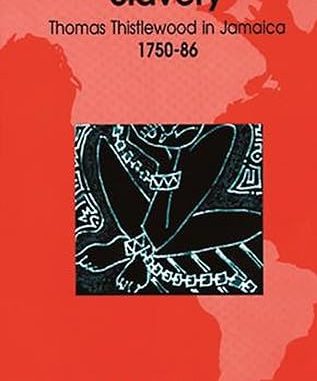
by Douglas H
“In Miserable Slavery: Thomas Thistlewood in Jamaica” by Douglas Hall is a thorough and harrowing examination of the life and practices of a British slave owner in Jamaica during the 18th century. Thistlewood’s personal diary provides the primary source material for this work, and Hall uses it to detail the daily lives of slaves on the plantation, as well as the brutal punishments that were inflicted upon them.
One of the strengths of the book is its clear and concise writing style. Hall manages to convey the horrific realities of slavery without resorting to sensationalism or melodrama. Instead, he allows the facts to speak for themselves, and the result is a powerful and affecting account of the lived experience of slavery.
Thistlewood’s diary is a disturbing record of his own inhumanity towards his slaves. Hall does not shy away from detailing the many forms of physical and psychological abuse that Thistlewood inflicted upon his slaves. He also shows how Thistlewood’s attitudes towards his slaves were shaped by the prevailing racial and cultural ideologies of his time.
However, Hall also takes care to place Thistlewood’s diary in its broader historical context. He examines the economic and political forces that drove the slave trade, as well as the cultural assumptions and prejudices that underpinned it. He also explores the ways in which enslaved individuals resisted their captivity, and the impact that resistance had on the institution of slavery as a whole.
Overall, this book is a sobering and important work that sheds light on a dark chapter in human history. Hall’s careful analysis of Thistlewood’s diary provides a valuable window into the everyday realities of slavery, and his broader historical contextualization allows readers to understand the complex forces that sustained this brutal system.

